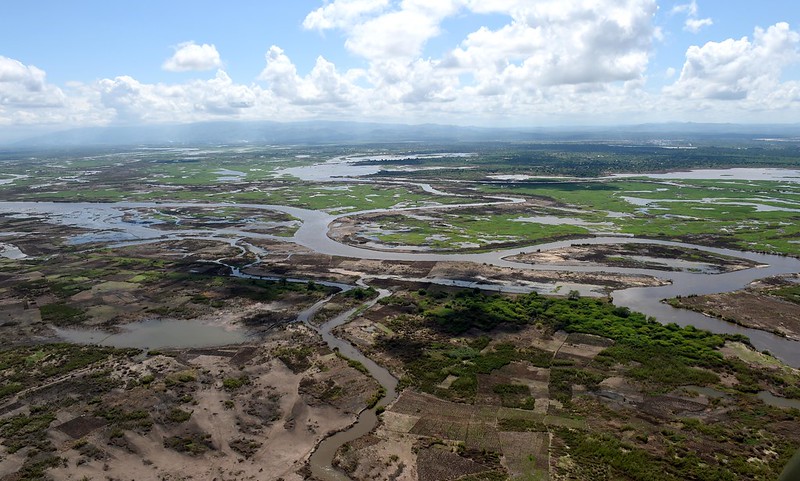Malawi initiative is up for Africa Water ChangeMaker Award
An innovative water management initiative in Malawi – aimed at building resilience and adaptation to climate change – has been nominated for an Africa Water ChangeMaker Award.
The Global Water Partnership and the Netherlands Ministry of Foreign Affairs teamed up to develop the Water Changemakers Award this year for participants from sub-Saharan Africa, seeking to celebrate and make visible the teams and organisations who shape water decisions that build climate resilience.
Readers can vote for the 'People's Choice' winner of the Award by visiting this webpage to cast their vote. Cast your vote now. The winner will be announced at the Climate Adaptation Summit on 25 January 2021.
About the Malawian initiative: Building resilience in the Lower Shire Basin
BRLi in association with Zutari undertook the flood risk management portion of the Shire River Basin Management Program, which aimed to reduce the impact of floods on the vulnerable communities of the Lower Shire Valley in Malawi. Many communities in this region are trapped in a poverty-vulnerability cycle caused by frequent floods and droughts.
The project team worked closely with communities to identify and map out flood prone areas and conceptualise appropriate solutions to reduce their risk, and these were documented in numerous Area and Village Flood Action Plans. Climate change is projected to result in even greater climatic extremes in this region with potentially serious consequences for livelihoods. The project produced a national flood risk management guideline aimed at NGOs and communities, and which included indigenous knowledge, so that they could undertake small scale flood risk management themselves.
The project also contributed to an appropriate flood early warning system for the valley using river staff gauges painted in three traffic light colours, WhatsApp groups, loud hailers and sirens. Flood risk management infrastructure were planned, designed and verified with communities using indigenous knowledge together with state of the art hydrodynamic modelling, and constructed, under the premise that given limited financial resources, it is better to protect more communities from frequent floods than less communities from larger but infrequent floods. Dykes included flood warning spillways that doubled up as crossing points for animals and people. Labour intensive construction methods using locally available earth and stone masonry were used, thereby increasing community ownership in the infrastructure. Thousands of trees were planted to stabilise riverbanks.
Community representatives from across the valley were trained by extension officers, community radio adverts and theatre were all used to educate communities on flood risk management. The flood risk management infrastructure and early warning system functioned well during Tropical Cyclone Idai in March 2019.

